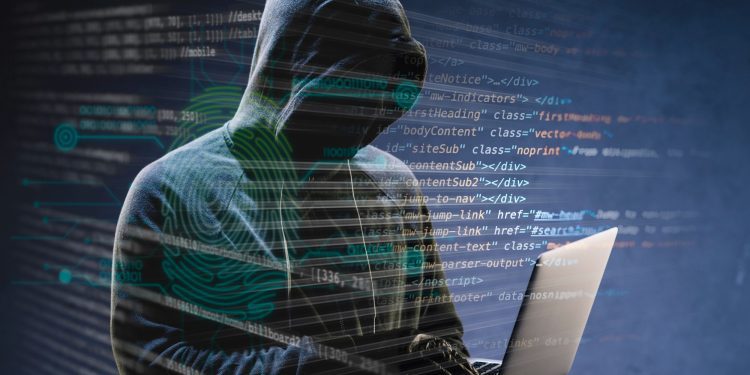A new report uncovered what business leaders are dreading this coming holiday season, and it’s not receiving an ugly Christmas sweater.
Although fraud and cyberattacks are part and parcel for any business, more companies are on edge about any impending B2B payments fraud attacks. In partnership with third-party survey platform Pollfish, Trustmi polled 509 executives, including chief financial officers, CEOs and purchasing agents, to uncover what’s different about cyberattacks during the holidays—and what they’re doing to mitigate these attacks.
What is B2B Payment Fraud?
B2B payment fraud, which also goes by the names of corporate payment fraud or invoice fraud, is when fraudsters attack a weak link within a company’s financial system to illegally access funds.
Some of the most notorious tactics used for B2B payments fraud include social engineering, phishing, and the creation of counterfeit payment requests and invoices—all for the purpose of deceiving employees.
Unfortunately, more companies are facing this type of fraud. The 2023 AFP Payments Fraud and Control Report revealed that 71% of organizations fell victim to business email compromise (BEC) scams. That’s not surprising given that this particularly type of phishing attack features a very convincing email from a supposed colleague within the organization.
Key Findings
Trustmi’s findings echo AFP’s research and highlight just how top-of-mind fraud is for many organizations. In fact, 75% of business leaders surveyed said they were more concerned about fraud this year compared to years prior. When asked what their top concern is, fraud was at the forefront, followed by payment delays and payment errors.
Increased payment volumes also open organizations to more fraudulent attacks. With the sheer number of payments going through an organization, there’s also a shorter window of time to detect and stop a fraudulent transaction.
To combat these attacks, business leaders are beefing up their current security systems, with 70% of respondents saying they have already added additional security measures in preparation for the holidays. Roughly 11% said they’re still considering taking additional measures.











